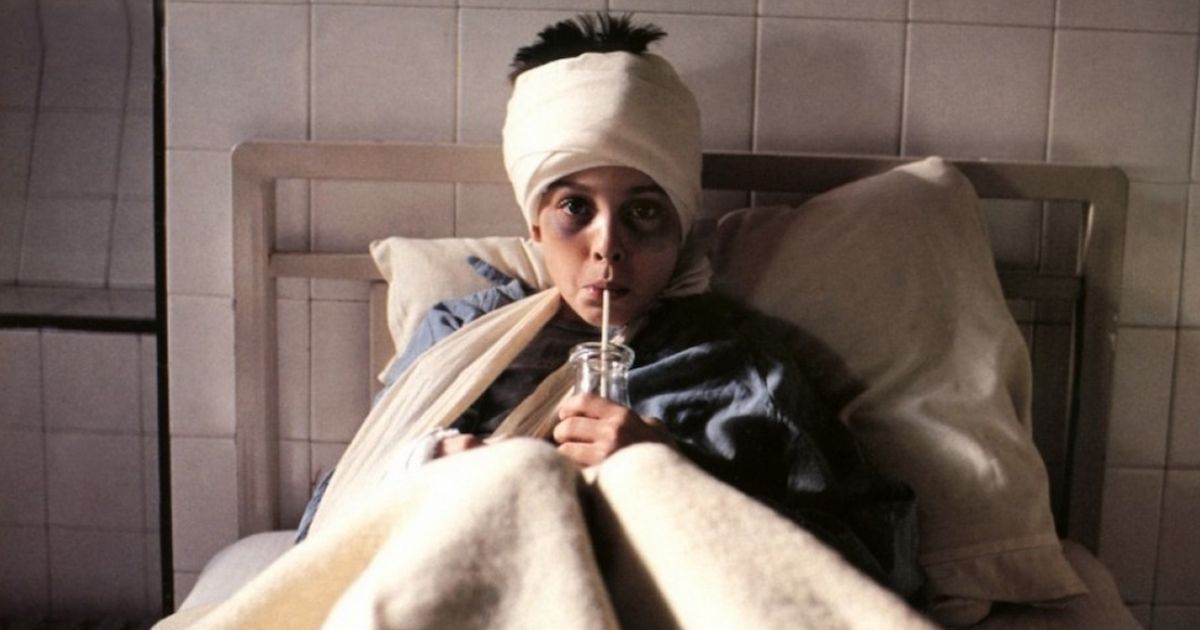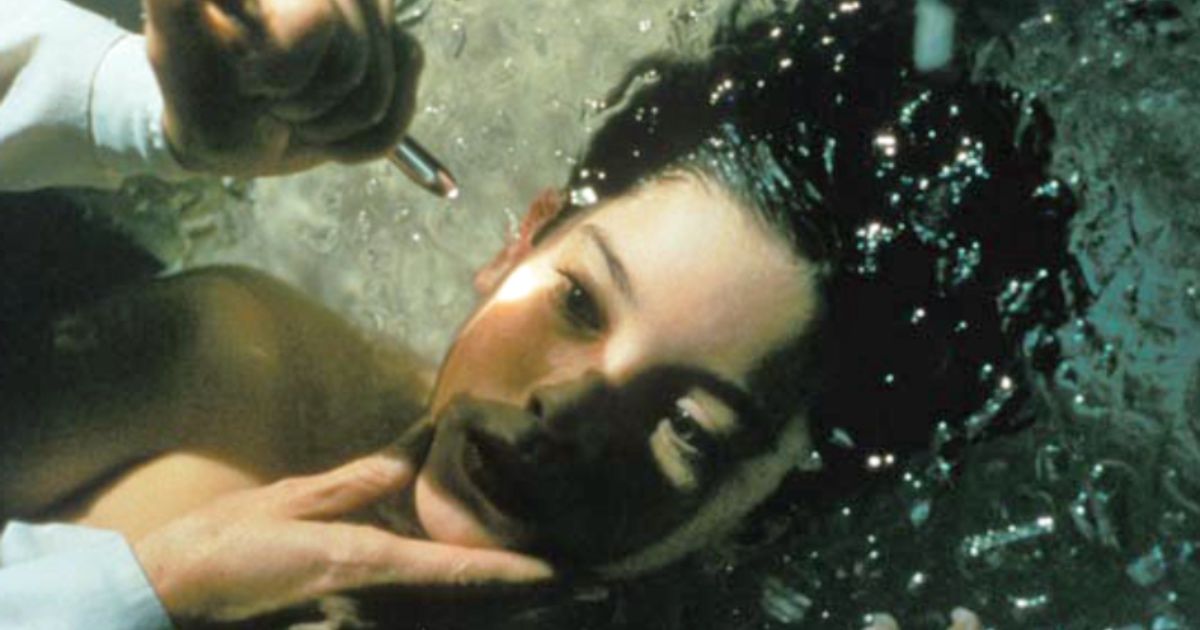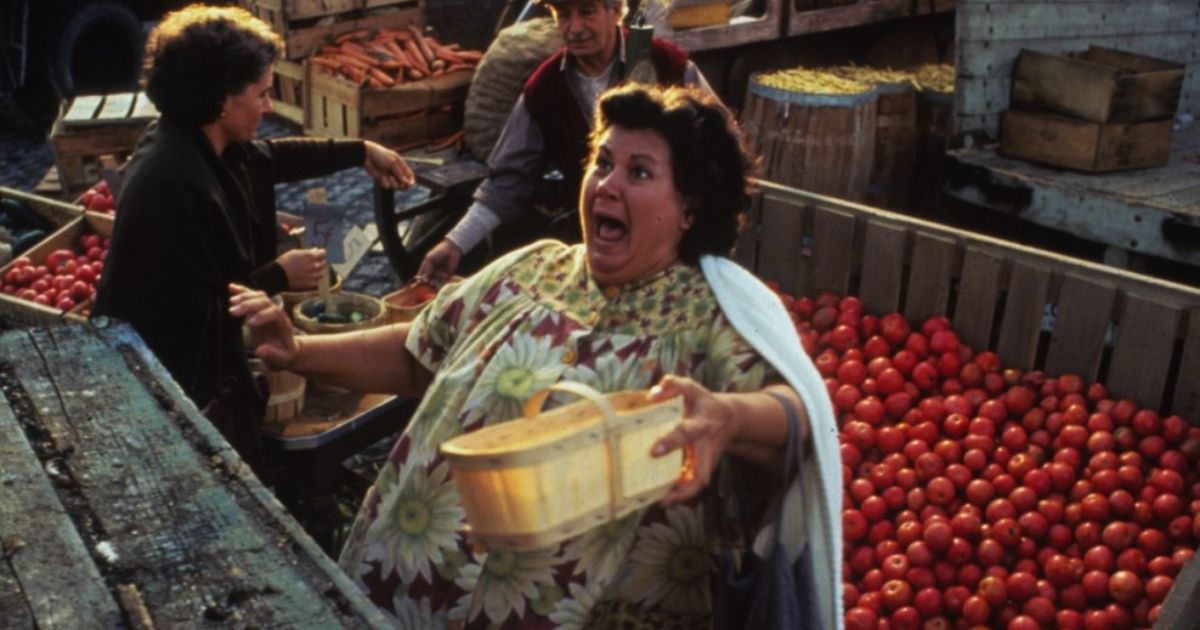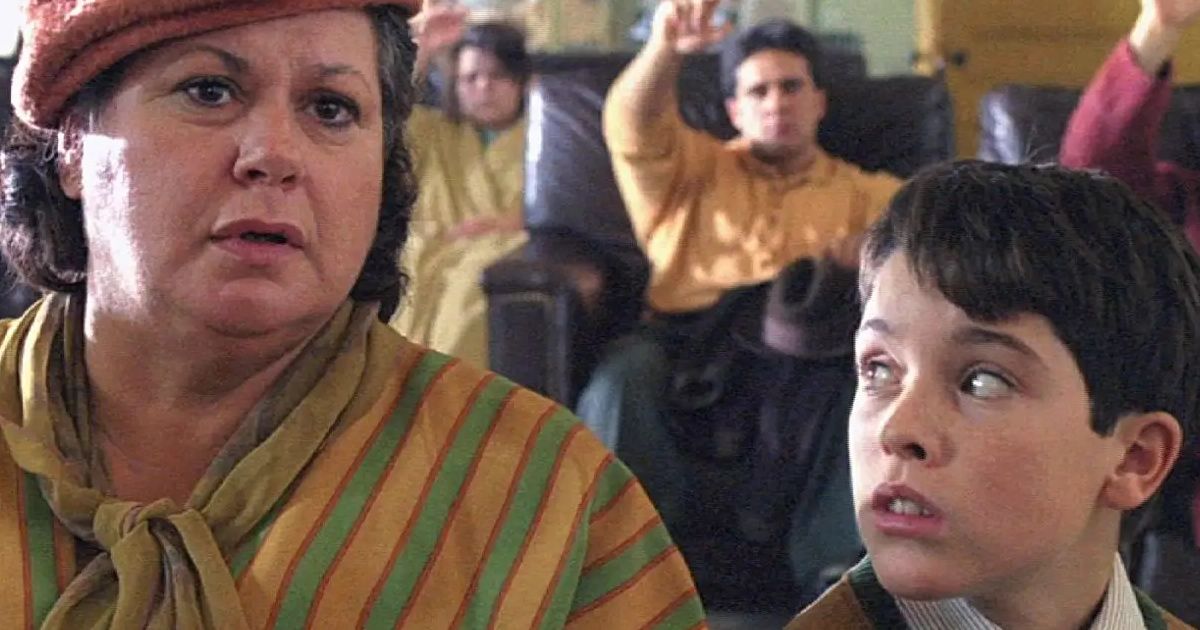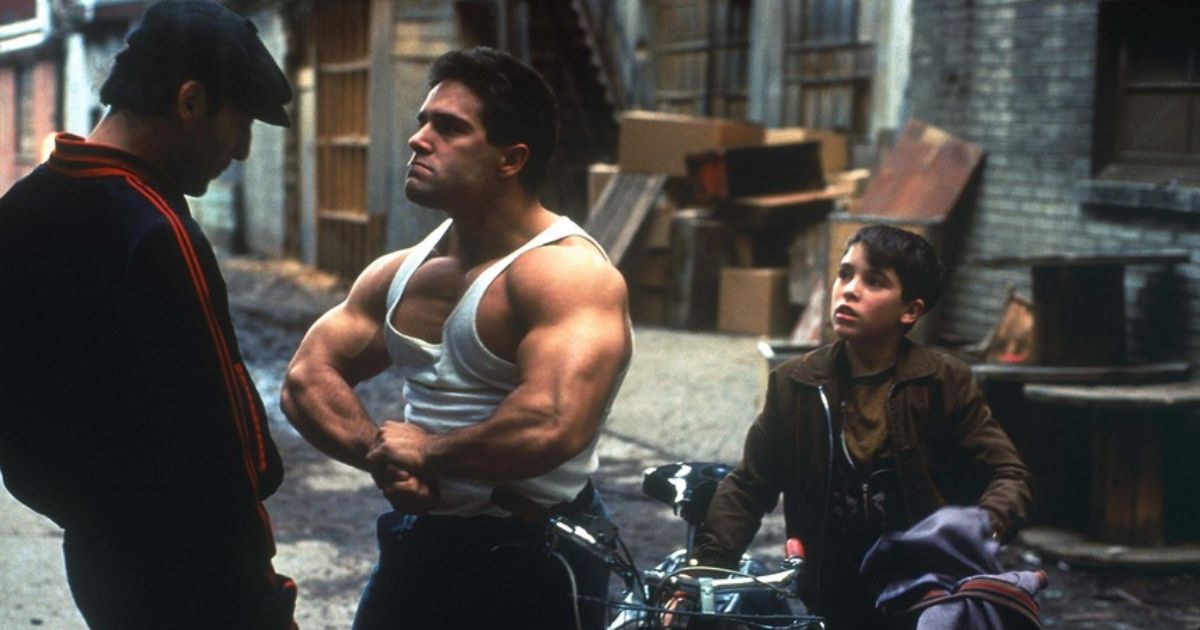Many people love coming-of-age films; they show us the struggles and tribulations of transitioning from adolescence into adulthood and the typical coming-of-age angst. We have all at some point struggled to navigate our way through this busy world full of high expectations. We like that we can easily relate to these movies, and find comfort in knowing that we're not the only ones who have felt this way. We might also find comfort in these movies because they allow us to acknowledge our past and our childhood, and in some way, they relieve a bit of stress by channeling our inner child again.
There have been an array of fantastic heartwarming coming-of-age movies over the years, one of which is the grim coming-of-age fantastical drama film Léolo. Directed by Jean-Claude Lauzon in 1992, the story follows young boy, Léo (Léolo) Lauzon who spends the majority of his time in his very own fantasy life to escape his family.
Léolo and the Wonders of Escapism
The movie doesn't necessarily ease us into the hard-hitting themes surrounding this story as in the first couple of scenes, we're already seeing 12-year-old Léolo writing in his journal, detailing that it's people who "trust only their own truth" who call him Léo and refuse to recognize him as Léolo. The boy says, "I dream I am not," which refers to him not wanting the name Léo and imagining himself as somebody different, but also refers to the specter of his own death.
This, combined with the beautifully melancholic music (especially the use of Tom Waits), is instantly heartbreaking for the audience to hear, as it becomes a reoccurring phrase he mentions throughout the film as a way of disassociating himself from his family and his everyday life. This is also managed through his fantasies, which we are quickly introduced to.
He even conjures up his very own fantasy about how he was created, dreaming that on a distant Italian farm, a worker masturbated onto a crate of tomatoes that were shipped to a market. There, his mother fell and slipped on them so hard that the tomato became stuck in her. Then magically nine months later, Léo was born. This is also where his desire to be called Léolo Lezoné comes from, as it sounded to him more Italian (in reality, he lives in Montreal). It is clearly shown to us that young Léolo will go to any lengths to create an alternate reality for himself to escape his normal family, who all suffer from various different mental disorders.
A Funny but Heartbreaking Coming of Age Movie
We are shown from the get-go that Léolo's family life is simultaneously humorous and disturbing. His father rules the house with very strange beliefs about bowel movements, which he regularly inspects and monitors for every member of the family. This is already proving to be difficult for Léo, who has absolutely no privacy, something many viewers can perhaps relate to in their own childhoods. His family members fight and argue, and some are put in a mental institution.
Even if there is humor, warmth, and love sprinkled throughout his life (which keeps the film from becoming too submerged in misery), Léolo is understandably confused as to why his family treat each other the way they do. His blame lies with his mentally unstable grandfather on his father's side for bringing madness into the family. Although, his theory is that his father is the Italian man who is responsible for the tomatoes and therefore his mother is not insane, which is why the madness comes from his father's side.
It only gets more disturbing from here, as Léolo witnesses a world in which leering men abuse women, boys obsess over sexuality to the point of bestiality, and the apartment and city streets are littered with filth and rats. As an audience, we lament that Léolo is growing up in such conditions and cannot blame him for disappearing into his fantasy land. This is especially when his hatred for his grandfather grows stronger when the old man forces Léolo's neighbor Bianca (who Léo is already fixated on) to obey to his disgusting fetish of clipping his toenails with her teeth. Of course this drives Léolo mad, so he decides to attempt to hang his grandfather while he is bathing, an act of revenge against the grandfather who had once tried to drown Léolo in a pool. The dysfunctional family in Léolo makes Little Miss Sunshine look like The Brady Bunch.
Léolo Shows the Importance of Art and Fantasy
Léolo's coping mechanism is of course to isolate himself away from his family and with art and fantasy, and it makes sense. As children or adolescents, it is very common to find a means for escapism, whether that's through imaginary friends, fantasy worlds, or books. Sometimes when life just gets to be a little bit too much, we need to find somewhere else to go, and Léolo makes a very understandable and relatable character for that reason. He even says "my family had become characters in a fiction," which also refers to the director's semi-autobiographical use of his own family (tragically, Lauzon would die in a plane crash at 43 before making any more films).
Léolo also introduced himself to literature, which is where his love for escapism generated. It was brought to his attention when a strange and mysterious man left him a copy of L'avalée des avalés by the legendary recluse Réjean Ducharme (Canada's answer to J.K. Salinger). From there, Léo dove straight into the book and from then on escapes through thinking of his family as characters. He also enjoys journaling his thoughts and feelings, and the movie unfolds through these recollections read by a poet, who recounts Léolo's conflicts, confessions, feelings, and fantasies as a child who has grown up neglected, confused and conflicted with himself.
Léolo is Not the Average Movie
It is clear that Léolo is not the typical coming-of-age story we are used to; it is darker, more heartbreaking and disturbing than the average film, and as a result captures something inherently painful and mysterious about childhood (which is especially resonant for victims of poverty or abuse). Yet, it details similar feelings and thought processes that every audience member can surely understand. It is a stunning tale of the struggles of early life, the conflicts we go through with ourselves, and our deep and longing need to escape from harsh realities, whatever that may be to us.
Lauzon brought to life very personal, thought-provoking themes and experiences that are honest, real, and extremely heartfelt. Léolo is a character who can sometimes be prone to disturbing thoughts, having grown up in such a dysfunctional and mentally unstable family, tries his best to separate himself from them, and escape through any way he can find, even if he may not make it out in the end. Like the best art, it makes the viewers feel extreme empathy and a whole gamut of emotions, and provokes great laughter, utter sadness, and deep introspection. For these reasons, Léolo has to be one of the greatest coming-of-age stories ever made, questioning what family means, and what children do to cope with the world.

